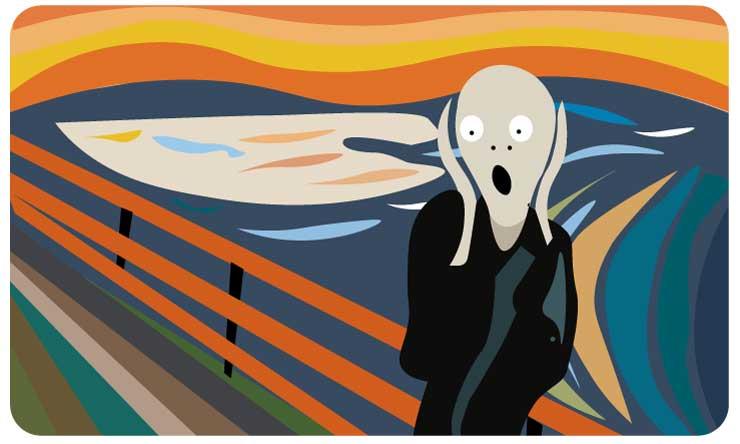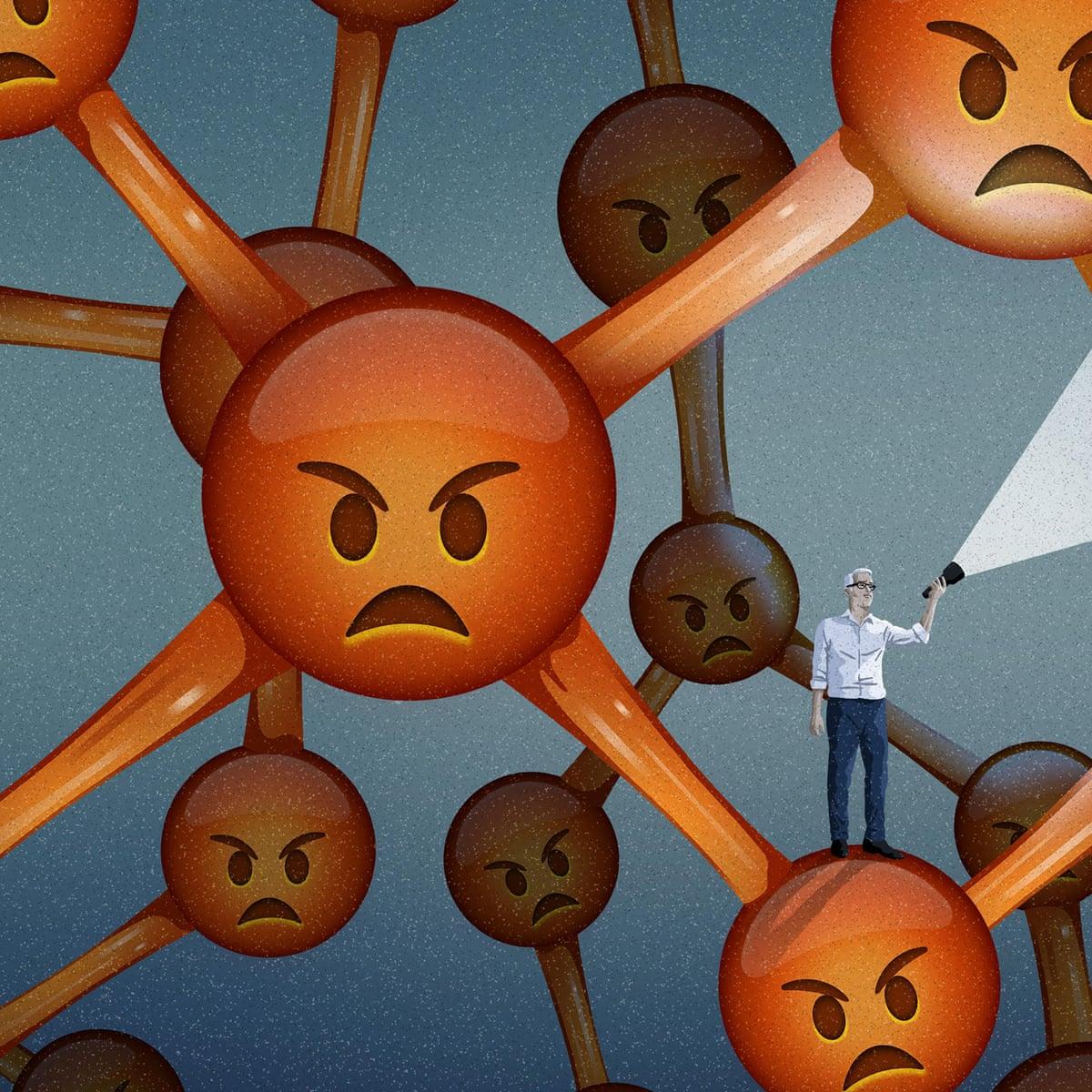Antonio Gallo's Key Ideas from The Science of Hate
by Matthew Williams
Ideas, facts & insights covering these topics:
9 ideas
·693 reads
4
3
Explore the World's Best Ideas
Join today and uncover 100+ curated journeys from 50+ topics. Unlock access to our mobile app with extensive features.
Why Do People Hate?
A world-leading criminologist explores the tipping point between prejudice and hate crime, analysing human behaviour across the globe and throughout history in this vital book.
Are our brains wired to hate? Is social media to blame for an increase in hateful abuse? With hate on the rise, what can we do to turn the tide?
Drawing on twenty years of pioneering research - as well as his own experience as a hate-crime victim - world-renowned criminologist Matthew Williams explores one of the pressing issues of our age.
12
120 reads
Repellent, Fascinating Emotion
Surveying human behaviour across the globe and reaching back through time, from our tribal ancestors in prehistory to artificial intelligence in the twenty-first century, The Science of Hate is a groundbreaking and surprising examination of the elusive 'tipping point' between prejudice and hate.
Hate is our most repellent but also most fascinating emotion. Its influence can be uncontrollable, driving people to horrific acts of assault, murder, even genocide. In recent weeks, the US has been shocked by the shootings of eight Asian women in Atlanta.
12
99 reads
Research With Study
In the UK, misogyny has only just been classed as a hate crime, amid anger over women’s safety on our streets.
Yet while everyone is capable of hate, very few of us act on its worst impulses.
Matthew Williams, a British professor of criminology who has worked with the UK and US governments, wants to know why.
His book, the Science of Hate, combines his own research with decades of studies by others to find an answer.
12
88 reads
Manipulate Millions
The result is a harrowing but illuminating work, being released at a time when hate appears to be on the ascendency but far from trying to stop it, some of the world’s most powerful people seem to be using it to manipulate millions.
The tactics used in the Donald Trump 2016 presidential campaign and the Brexit referendum come in for criticism in the book.
Williams points out how hate crimes rose following both votes.The journey is a personal one for the author.
11
79 reads
Williams Experience
Once an aspiring journalist, Williams switched careers in the late nineties following an assault on him by three men outside a gay-friendly bar on Tottenham Court Road.
He describes it in the book, and says in the aftermath he was filled with questions about why his attackers hated who he was, and wondering what point they were trying to prove in beating him up?
He refers to the attack often in a book divided into two parts; the first looking at what hate is, and the second on whether it can be tackled.
11
68 reads
A Book Like a Thriller
There are plenty of scientific charts, data-filled maps and reproductions of MRI scans scattered throughout, but this is not an academic work.
At times it reads more like a thriller, as Williams reconstructs the events leading up to notorious crimes such as the 1999 Soho nail bombings by David Copeland in which three people died.
In each case, Williams tries to uncover how the hatred of an “other” started, and what tipped the perpetrator from prejudice into violence.
He finds neither family background nor life experience can entirely explain what drives someone to commit a hate crime.
11
62 reads
The Capacity to Hate
In fact, the capacity to hate is hard-wired into all of us. It comes from a genetic throwback to ancient times when the human brain had to quickly identify threats, but we have never learned how to switch it off.
Williams says researchers have been able to trigger the same response that kept our ancestors alive when they saw a sabre-toothed tiger in some modern volunteers simply by playing NWA’s “Straight Outta Compton” to white subjects looking at black faces.
12
63 reads
Social Media Role
How those faces became something to be feared is, Williams argues, because of a complex cocktail of upbringing and cultural input, like racial stereotypes in movies.
Social media has a powerful role to play, too. Williams says it can work as an “accelerant” that pushes people towards radicalisation.
He highlights algorithms designed to make sites “sticky” that can lead people down rabbit holes of ‘alternative facts’.
One study found that even when people were paid to look at posts giving different political viewpoints to their own, it only seemed to reinforce their original beliefs.
12
61 reads
In Our DNA
Regardless, Williams says bursting our online “filter bubbles” is essential to overcoming hatred. Williams avoids easy answers and worries that had his own life taken a different path, he could have been the one carrying out the hate attack rather than the victim. His point is that we all could.
We are born with hatred in our DNA, but how we direct it is learned. The onus is on us to reject influences, educate ourselves on other cultures, and call out hatred wherever we see it.
11
53 reads
IDEAS CURATED BY
Discover Key Ideas from Books on Similar Topics
8 ideas
Everybody Lies
Seth Stephens-Davidowitz
5 ideas
No Longer Human
Osamu Dazai
6 ideas
Aristotle on Prescription
Francesca Alesse
Read & Learn
20x Faster
without
deepstash
with
deepstash
with
deepstash
Personalized microlearning
—
100+ Learning Journeys
—
Access to 200,000+ ideas
—
Access to the mobile app
—
Unlimited idea saving
—
—
Unlimited history
—
—
Unlimited listening to ideas
—
—
Downloading & offline access
—
—
Supercharge your mind with one idea per day
Enter your email and spend 1 minute every day to learn something new.
I agree to receive email updates

